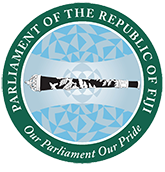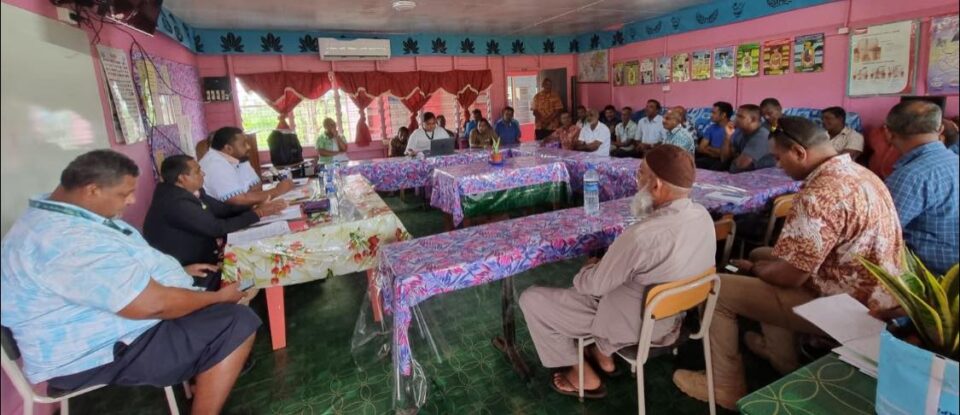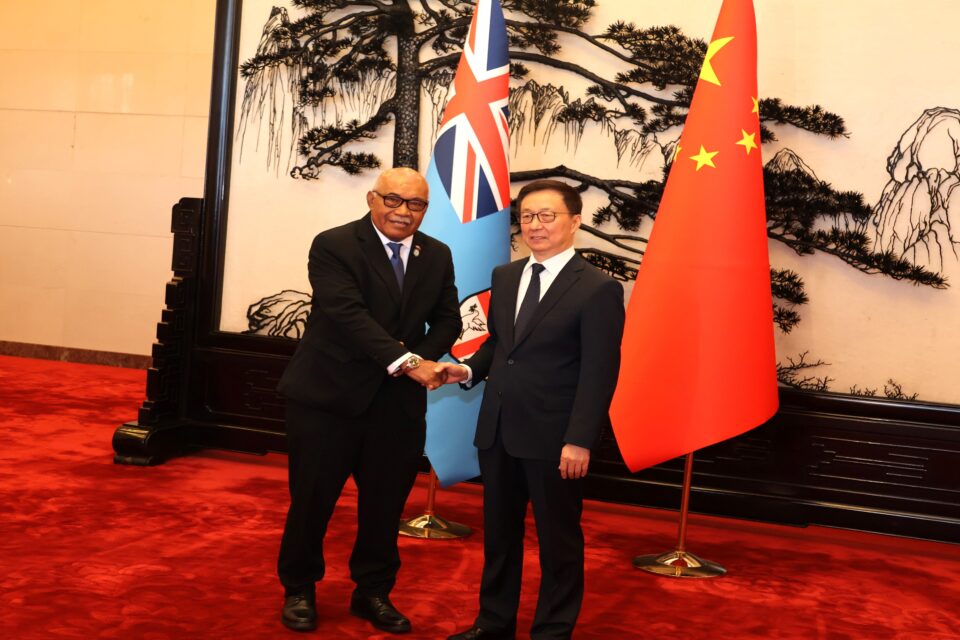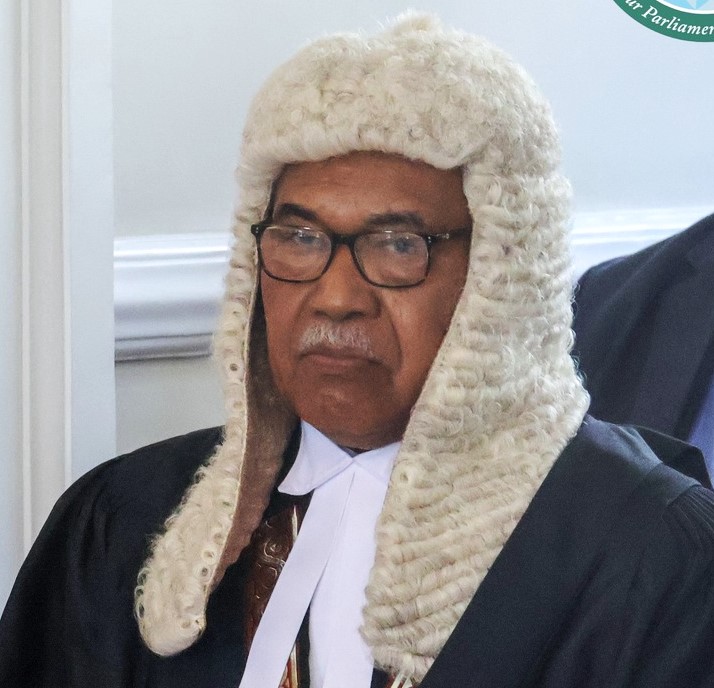Hon. Speaker’s Address at the 149th IPU Assembly
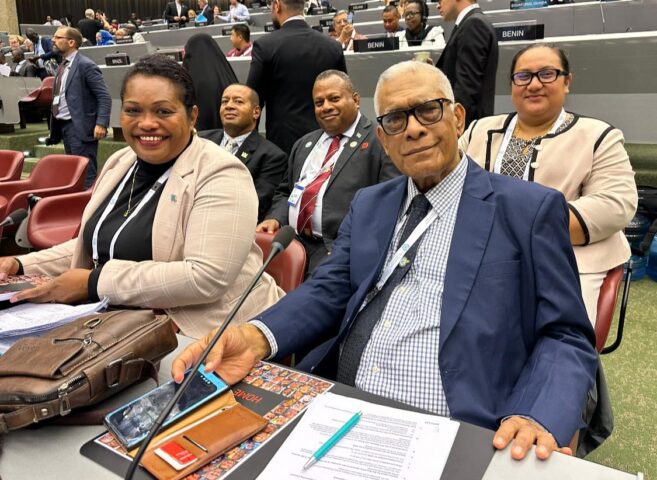
Harnessing science, technology and innovation (STI) for a more peaceful and sustainable future
- Honourable Chair and President of the 149th Assembly
- Honourable Speakers and Members of Parliament
- Distinguished Guests
- Ladies and Gentlemen
It is a pleasure to address this august Assembly of the global community of Parliaments and Parliamentarians, to not only highlight the importance of STI (Science, Technology and Innovation) and how it can be harnessed to strengthen the democratic process, but also the challenges faced by Pacific Small Island Development States Parliaments.
It is our responsibility to utilise STI to enhance our parliamentary systems and processes and work towards the larger goal of strengthening parliamentary democracy.
STI have led to advances in industry, business administration, education, defence and the medical arena. Today, we are witnessing how STI has produced modern tools that can be utilised for good governance, transparency and accountability within our Parliament democracies. ICT’s, artificial intelligence (or Ai), the internet and so forth are being utilised by Parliaments around the world. We all recognise how these applications can support us in our legislative, oversight and representative functions.
The Fijian Parliament has actively leveraged new technologies and ICT’s to strengthen parliamentary democracy. We continue to advance our e-Parliament initiative through the use of digital tools to enhance transparency, efficiency and public engagement. Digital tools are enabling us to progressively streamline legislative processes, making them more efficient, less-reliant on paper-based systems and making Parliament more transparent and accountable.
Honourable Chair, Speakers and Members of Parliament, while we can applaud ourselves for taking the leap forward in utilising STI and the new tools it offers, Parliaments and Parliamentarians need to recognise, that digitisation and artificial intelligence are transforming island nations, particularly that with the advent of the internet throughout the region, individuals, businesses and governments have the capacity to work, travel, share and collect information internally and outside of the region.
We must also recognise some of the challenges, vulnerabilities and risks associated with STI – the digital tools offered by STI can be ruthlessly used for misinformation, harassment, promotion of violence and even undermine parliamentary democracy. Cybercrime is a major threat that transcends national borders.
I therefore call on Parliaments and Parliamentarians to recognise that although new technologies provide island nations and people with more opportunities to connect with others, the dependence on the internet also makes us vulnerable to cyber-attacks that can have devastating consequences.
I therefore reiterate the declarations made at the 4th SIDS Conference in May in Antigua and Barbuda, and at the 4th Pacific Islands Parliamentary Group Conference in August in Palau, that it is pertinent to pursue the development and implementation of policies and legislation such as the ratification of international treaties as well as the domestication of such treaties to fulfil international obligations. This will create an enabling environment to boost digital transformation, innovation, enhance digital infrastructure and connectivity, taking into account the unique needs of SIDS.
The Fijian Parliament unanimously approved the Budapest Convention on Cybercrime in May this year, and we already had national legislation in the form of the Cybercrime Act 2021 and the Online Safety Act 2018.
For us SIDS Parliaments, our collective collaboration aligning to the Antigua and Barbuda Agenda for SIDS (ABAS), is essential to harness the potential of STI and advance the benefits of digitilisation in SIDS by providing SIDS Parliaments the necessary means of implementation to strengthen their scientific and technological capacities; taking action to harness digital technologies to achieve sustainable development in SIDS by strengthening digital cooperation, developing digital infrastructure, bridging digital divides and ensuring an open, and inclusive digital future for all.
In this respect, we strongly support the notion that Parliamentarians must advocate for equitable access to STI. Addressing inequality in the realm of technology is essential for upholding human rights and promoting a fair and inclusive society.
Honourable Chair, Speakers and Members of Parliament, in conclusion, I urge us all as legislators to harness the digital tools available to strengthen the democratic process in this era of rapid advancements in science, technology and innovation. WE must also ensure that these tools protect citizens, are inclusive, and empower individuals.
Thank you.

